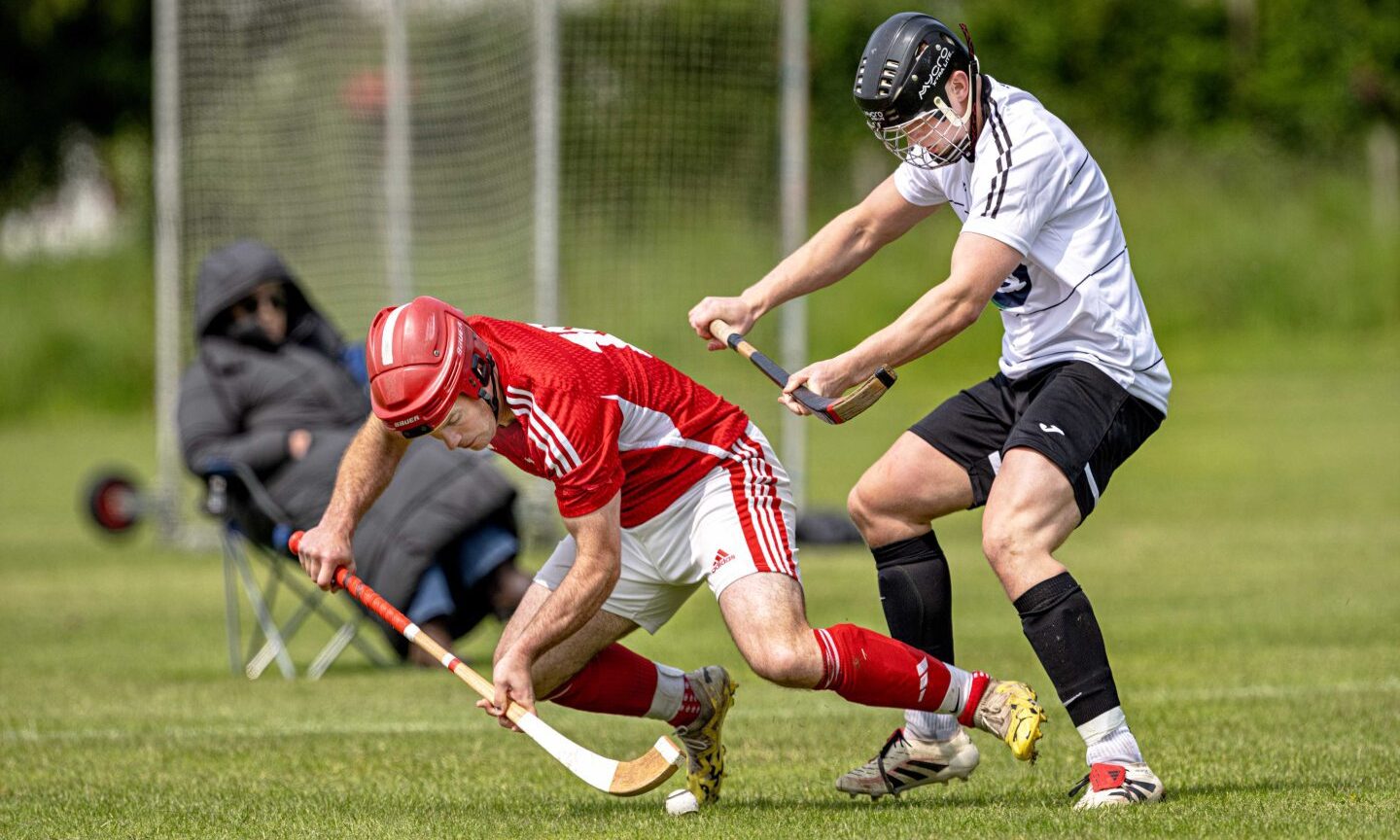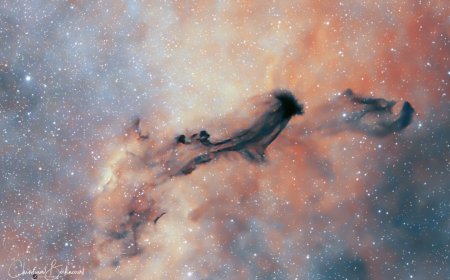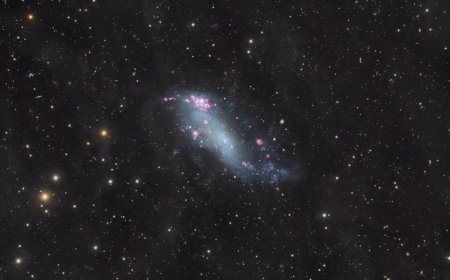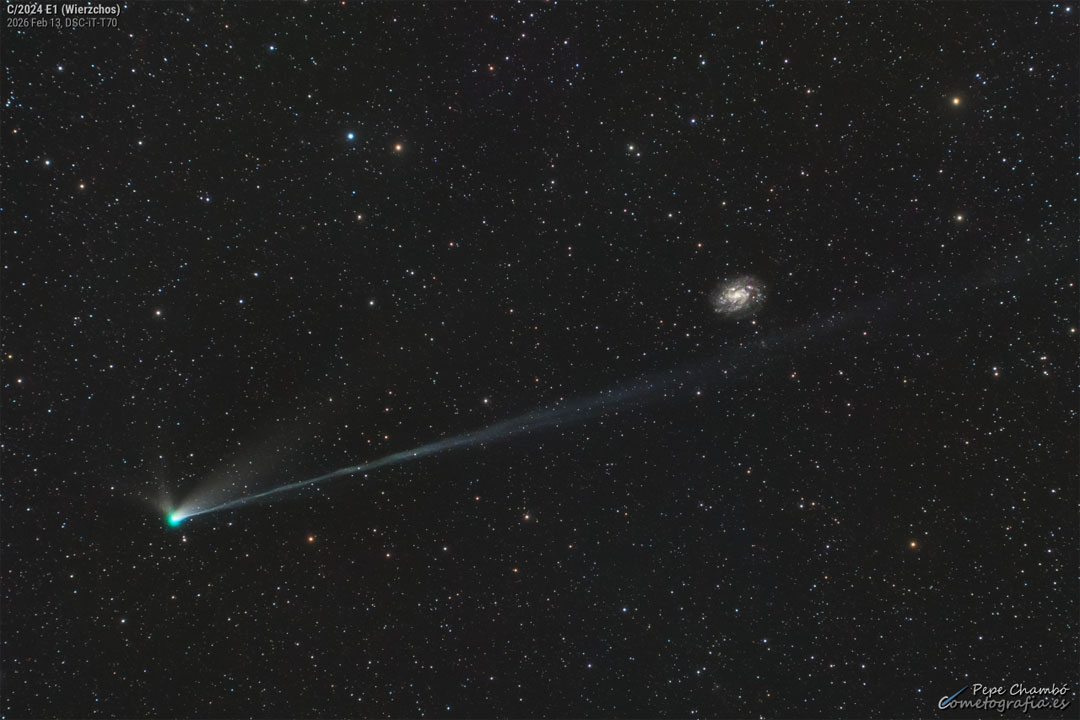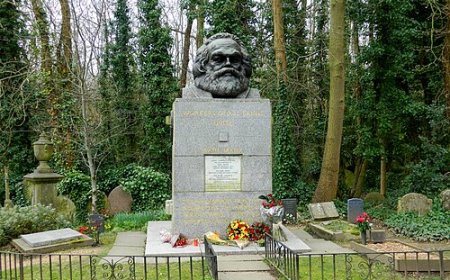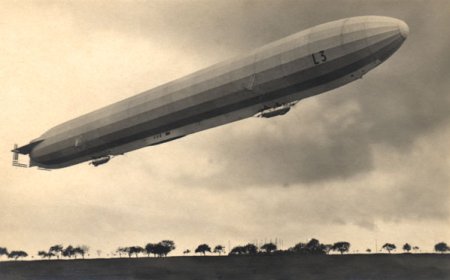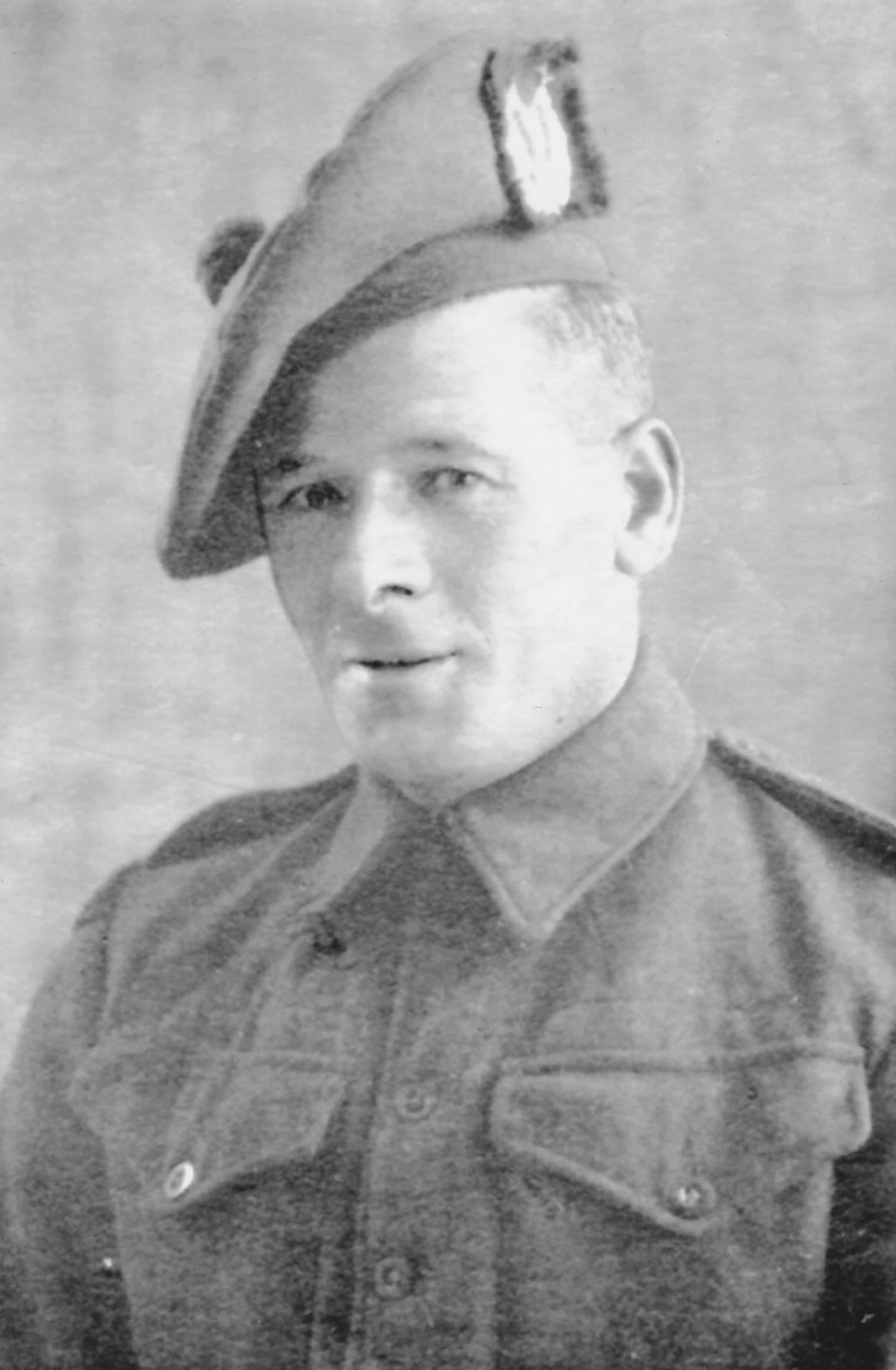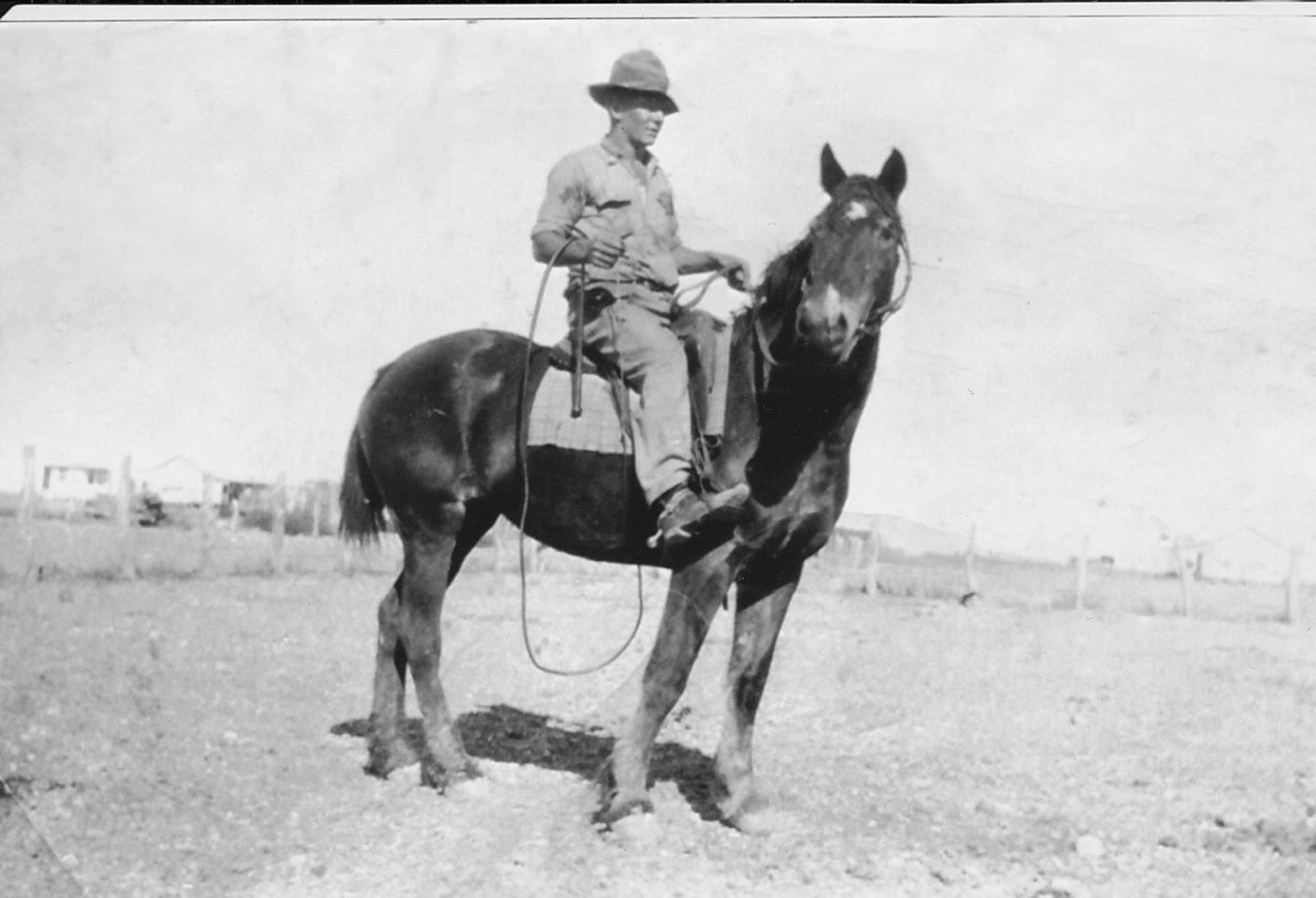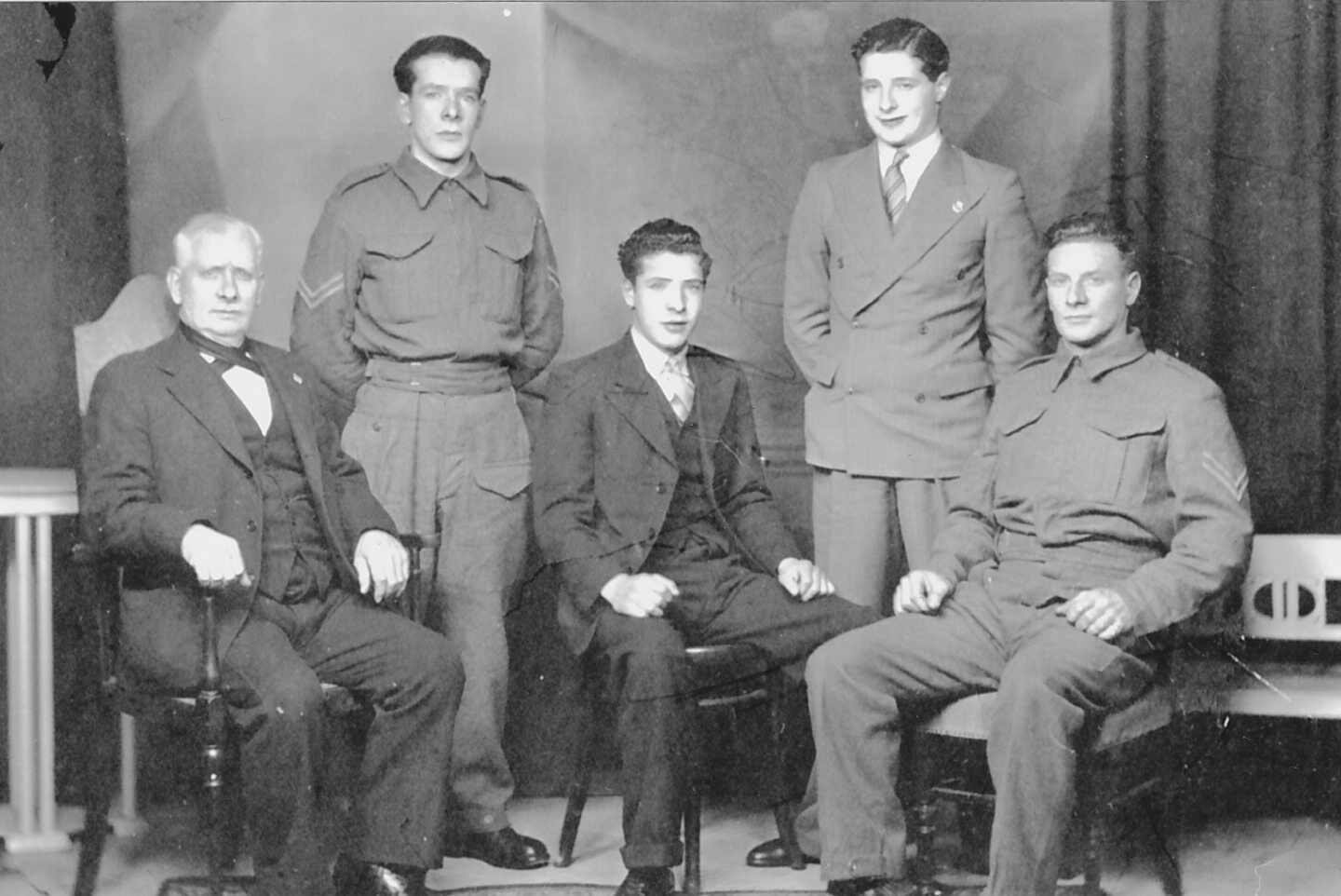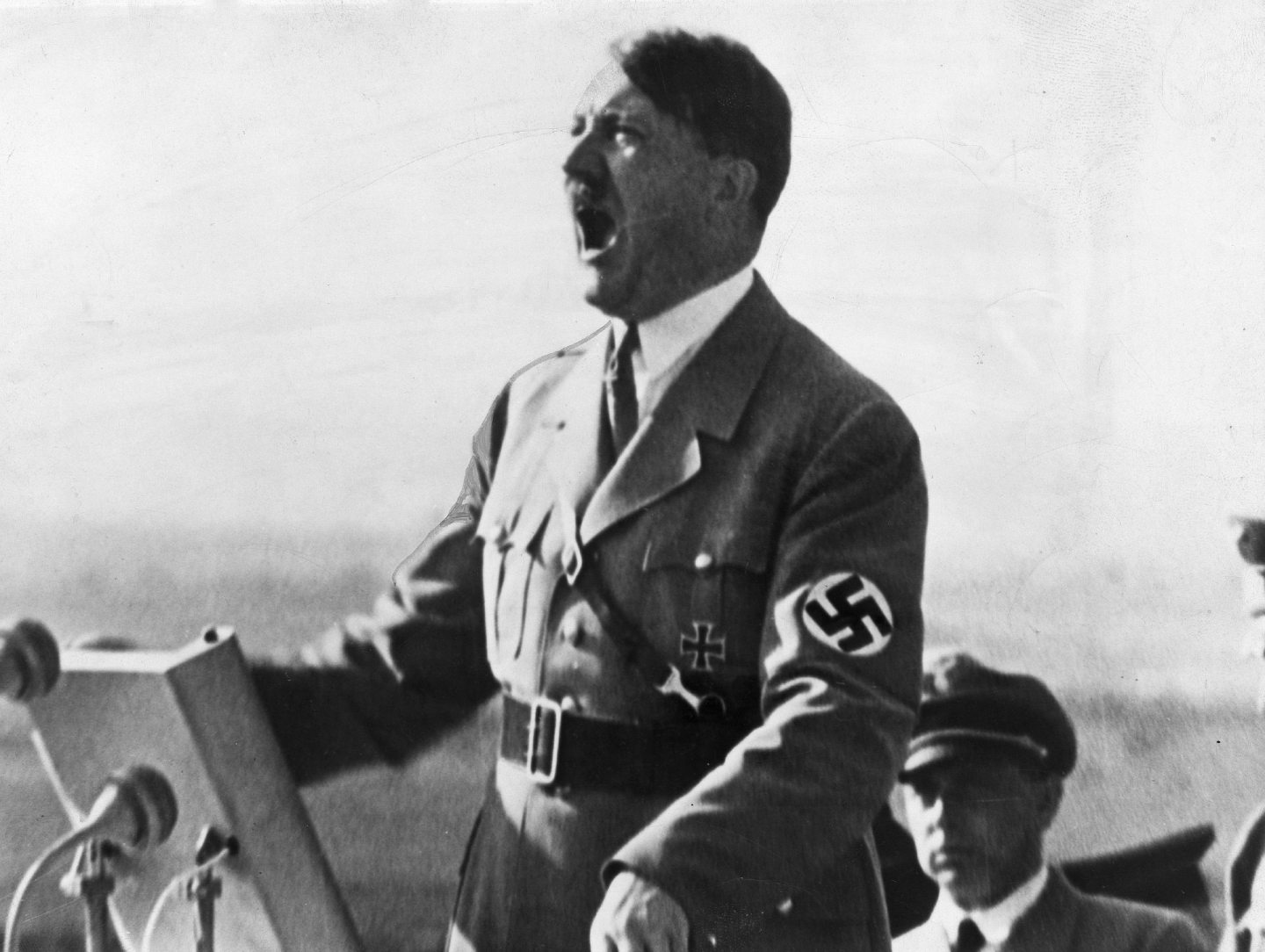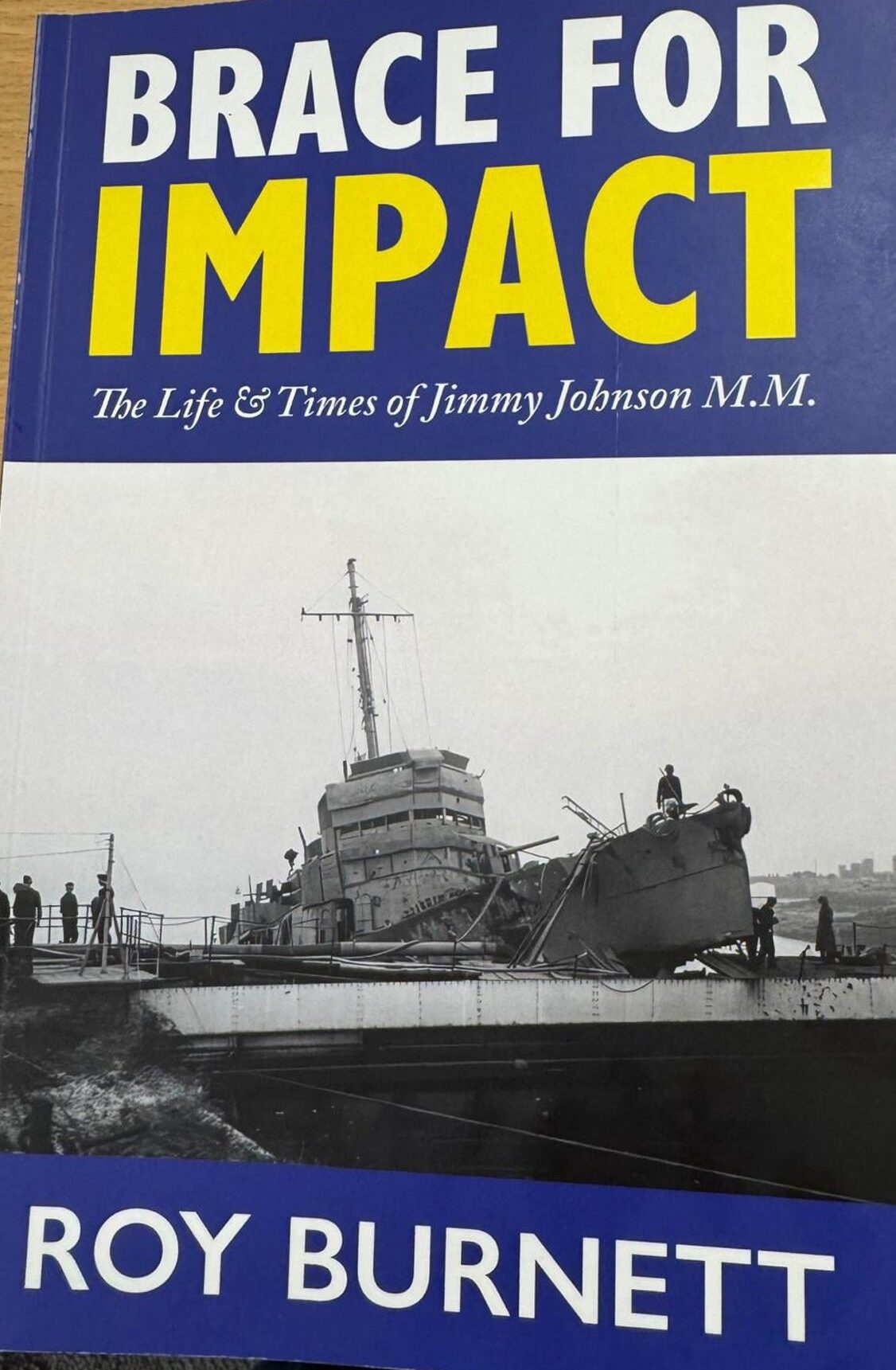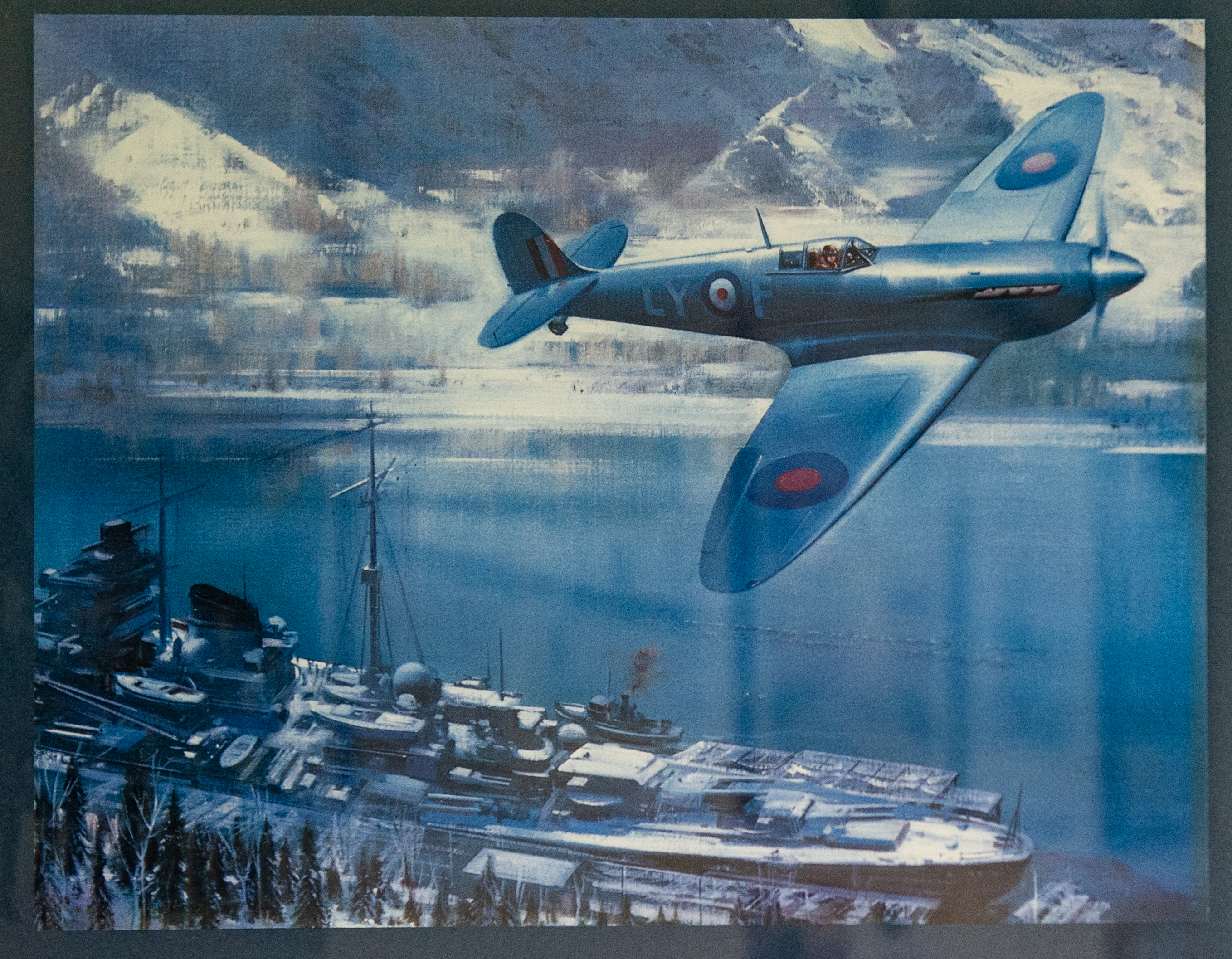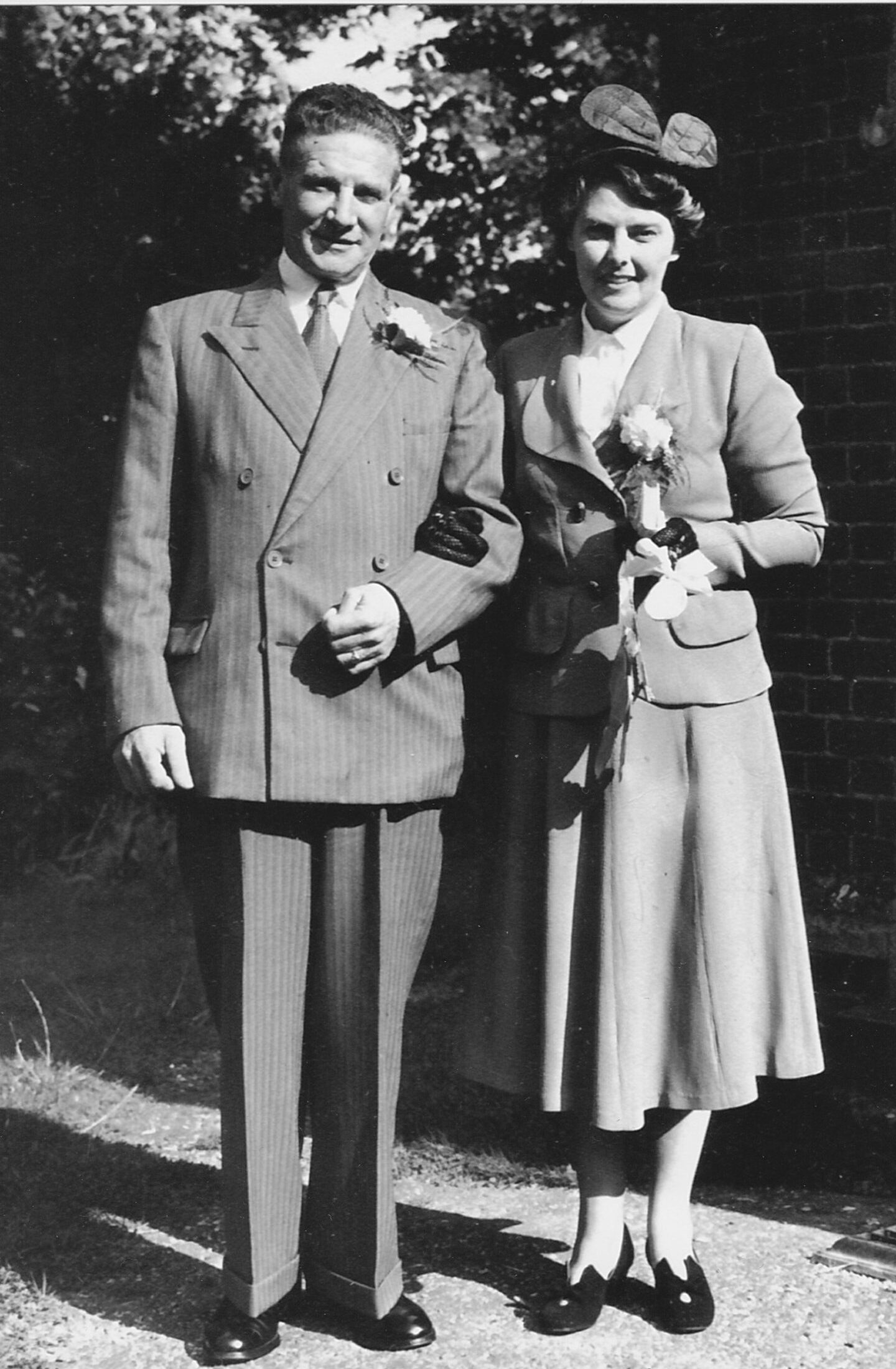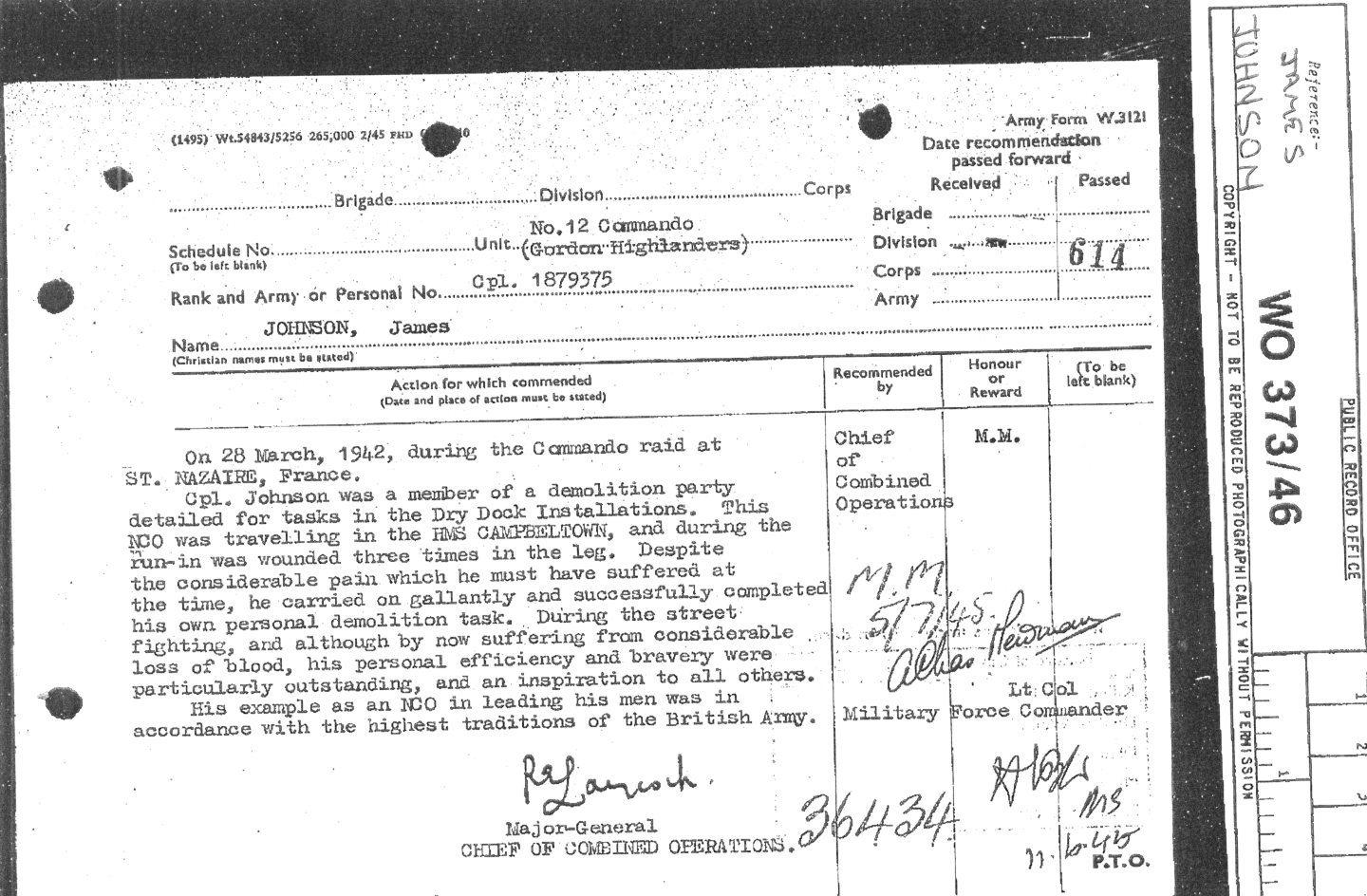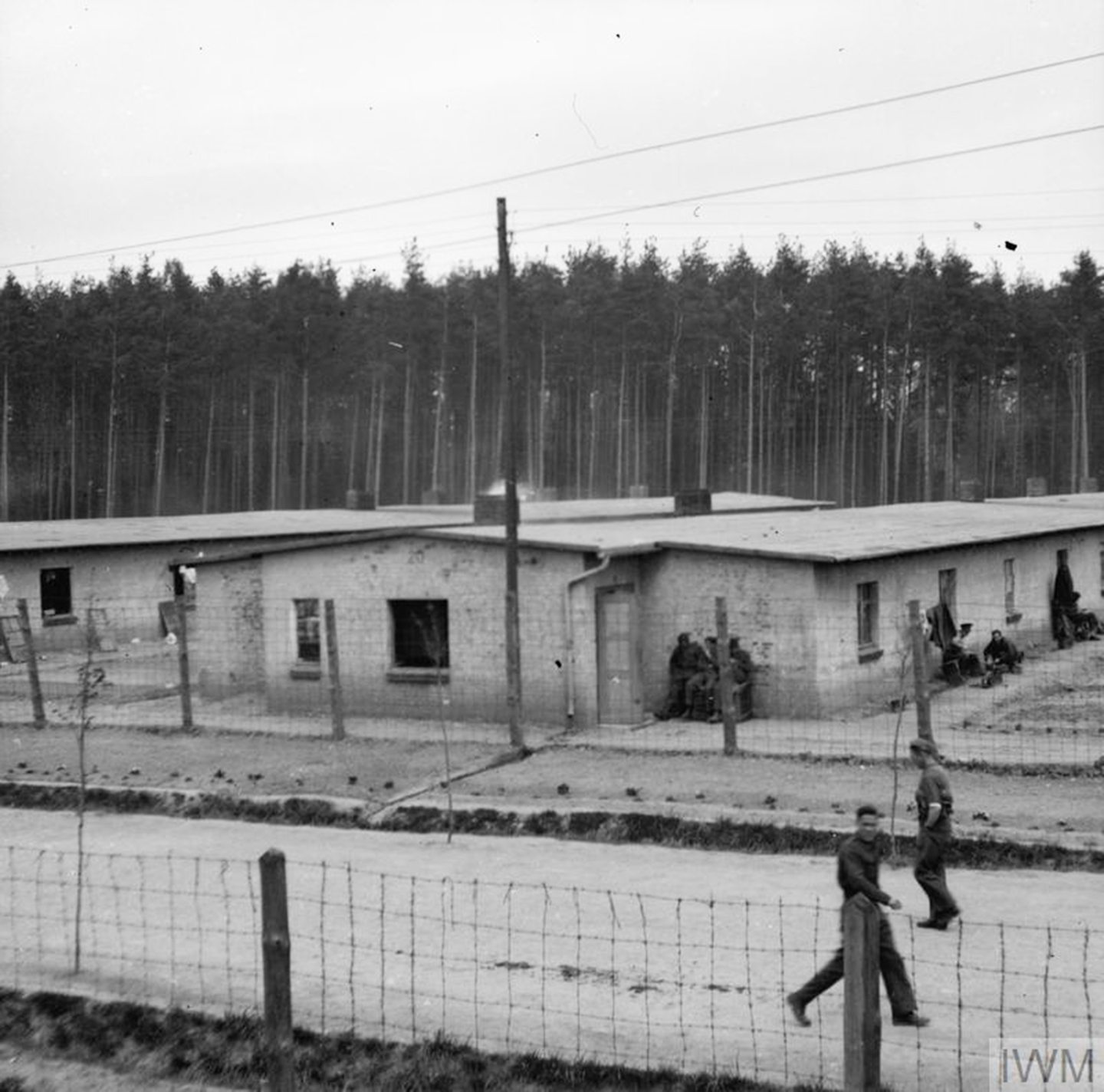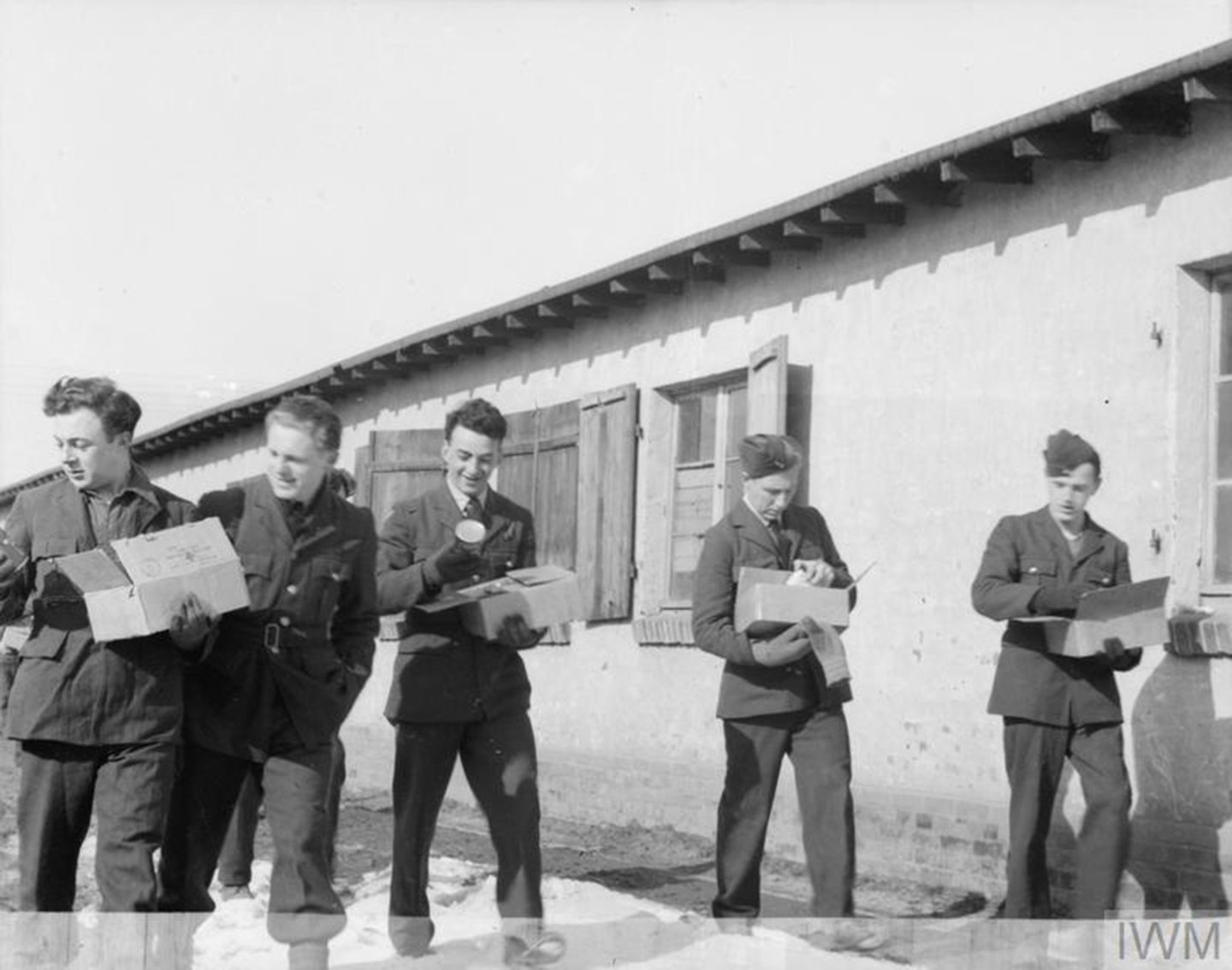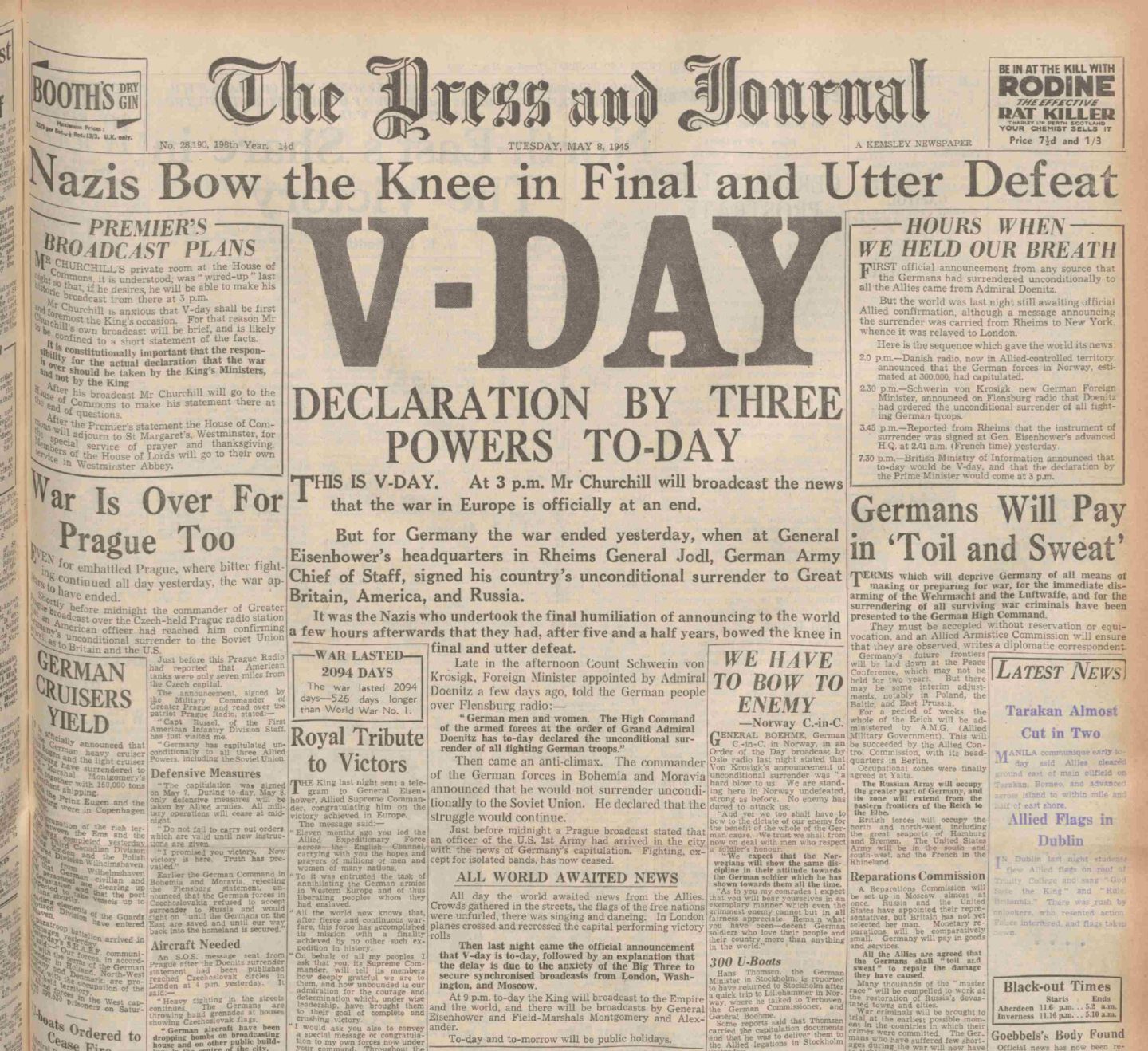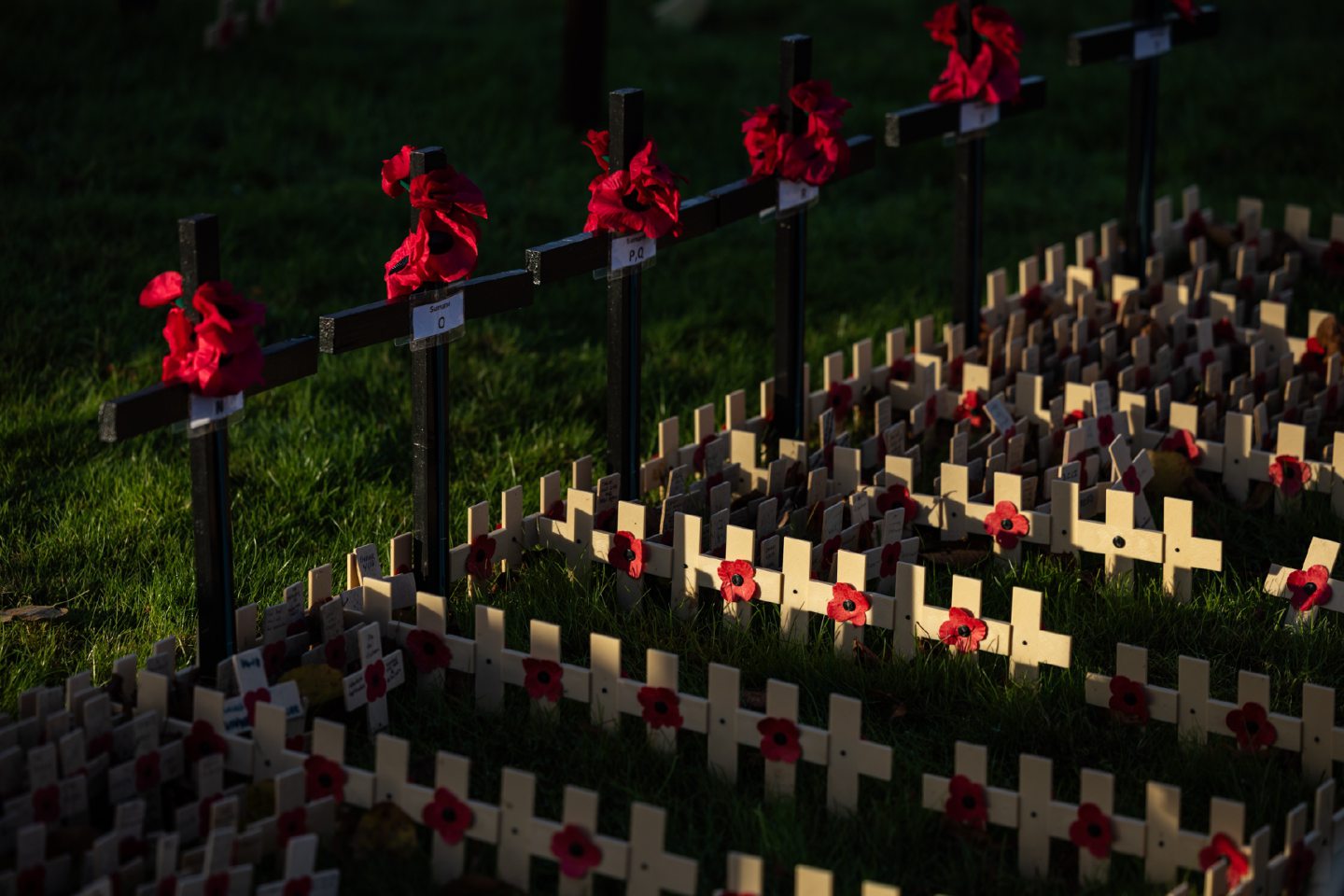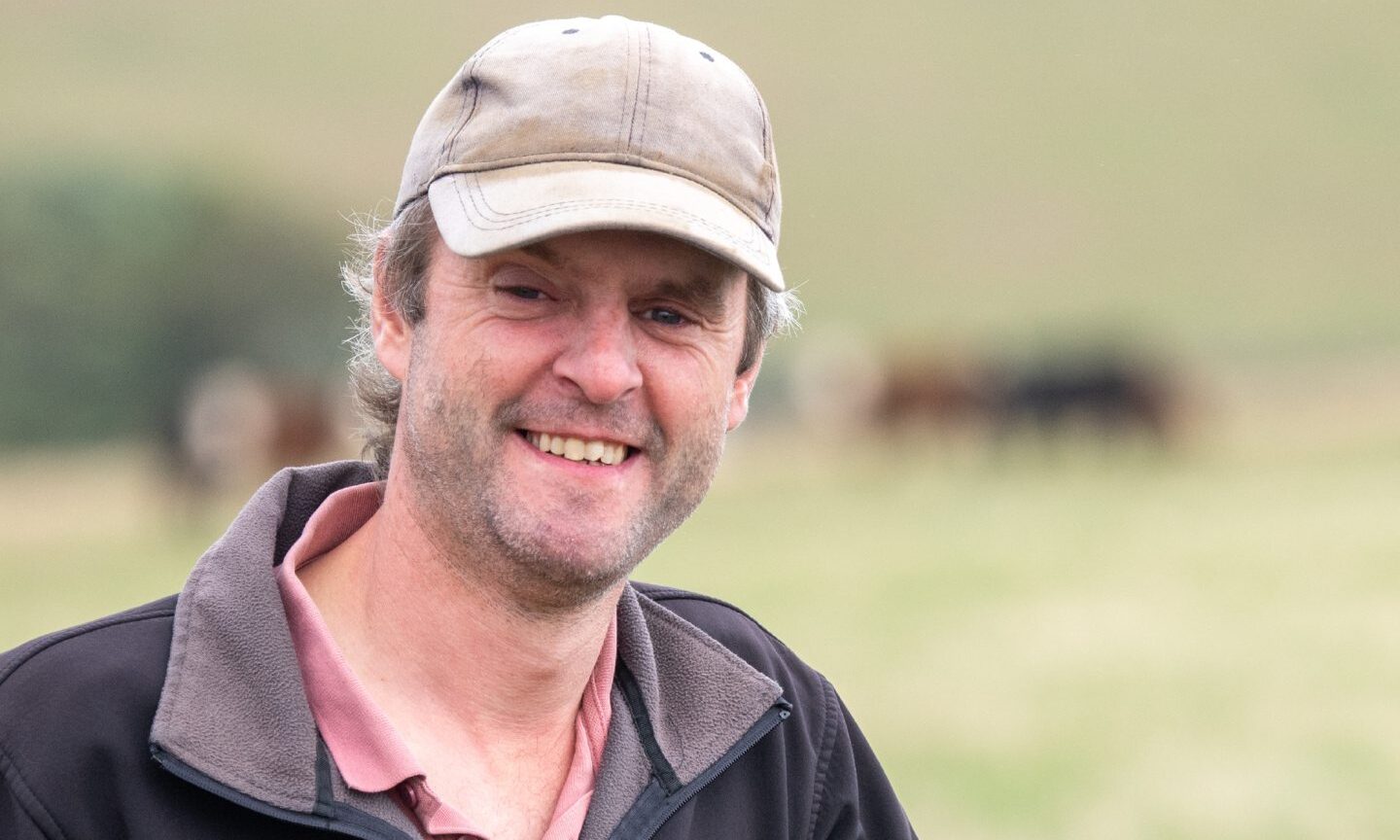Aberdeen commando Jimmy Johnson’s remarkable life shows why we still need remembrance
The north-east commando won the Military Medal and was regarded as a hero by his comrades, but his story is a reminder of the toll taken by war.
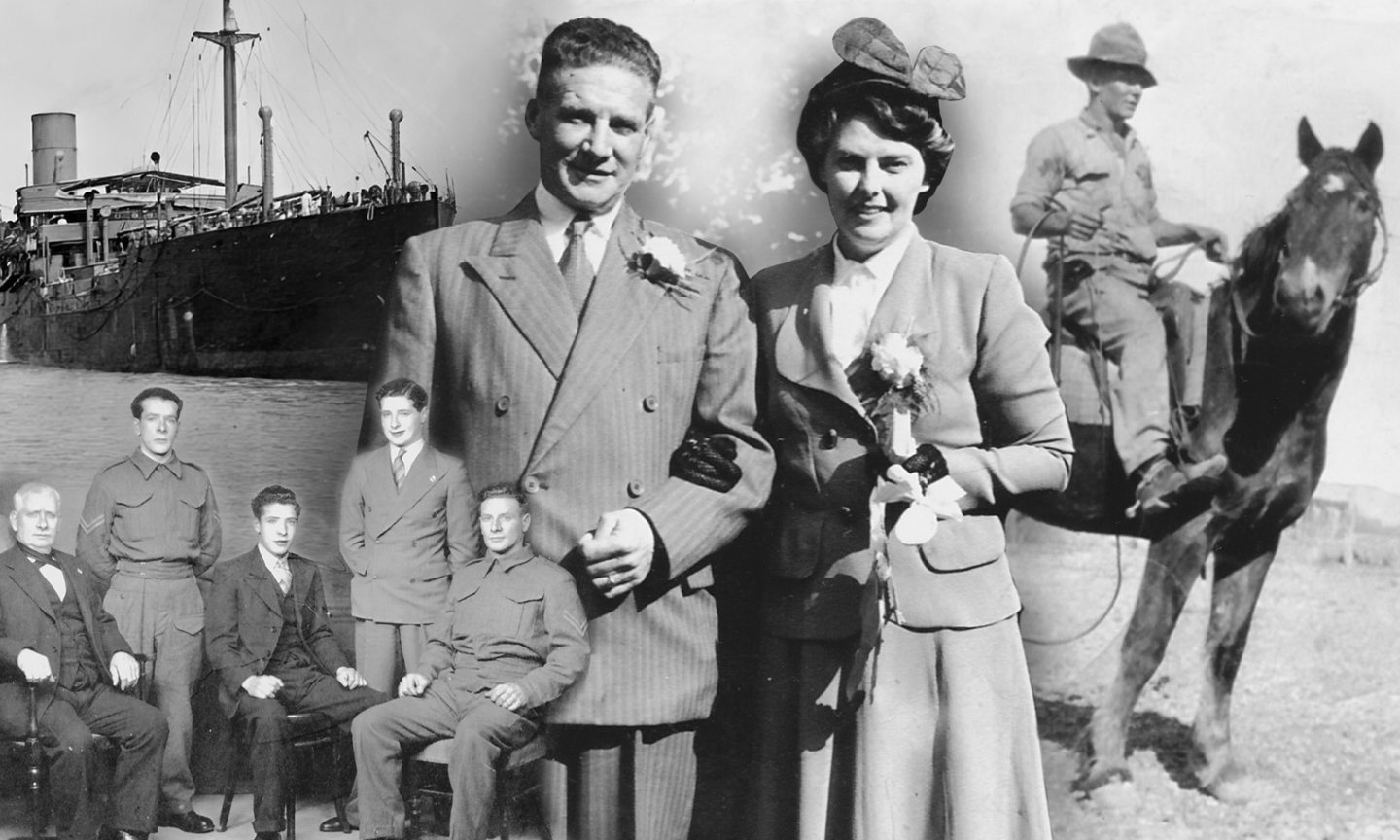
It was a story which stretched all the way from Aberdeen to Australia and into the heart of Europe, encompassing every facet of the human experience.
There was courage, a globe-trotting passion and a deep love for the woman who waited for him as he was incarcerated in a prisoner-of-war camp. But, from Jimmy Johnson’s perspective, there was also a chronic toll on his body and myriad privations of war.
Many will be unfamiliar with the name of this heroic north-east soldier who was awarded the Military Medal for playing a crucial role in Operation Chariot; the daring raid on St Nazaire by the Royal Navy and British commandos in 1942.
The story of Jimmy Johnson from Aberdeen is testimony to the human spirit
The French port was attacked because the loss of its dry dock would force Germany’s largest battleship, Tirpitz — which the Allies considered even more formidable than the Bismarck — to return to home waters if she was damaged.
Yet this mission was laced with danger and all those involved had written letters to their loved ones in the event of their deaths. Jimmy knew the risks and accepted them.
His story is a testimony to the indomitable spirit of those who fought for freedom. And it provides a timely reminder as to why Remembrance Day still matters.
Born in Aberdeen in 1906, Jimmy’s early life revolved around playing football for his local team, St Clement’s, cross-country running at Seaton Park and swimming at the beach. He went to Frederick Street School, but education wasn’t a priority.
There was nothing glamorous about his upbringing but he was an ingenious, athletic lad, well equipped to deal with being part of a large family and working in a fish house, where he earned 10 shillings a week before returning home to Commerce Street.
He had a hankering for adventure
Jimmy’s nephew, Roy Burnett, still marvels at what happened when his uncle was just 18 but decided to accept an offer to travel to the other end of the world.
He has written a book, Brace for Impact, which chronicles his relative’s eventful story and highlights how he made the journey to South Australia on the SS Ballarat in 1924.
This voyage wasn’t for the faint-hearted, not that such a description ever applied to Jimmy.
As the book says: “42 days since we left London, we arrived in Adelaide.
“I had barely slept the night before and I was up on deck at the crack of dawn, my heart was beating fast, my pulse racing, and my mouth was dry with excitement.
I was fascinated by this new world
“I looked out at the rows and rows of wooden warehouses on the docks.
“I marched down the gangway with a bag of belongings over my shoulder with a strange mixture of confidence and curiosity, anxious to see where my next step would take me.”
He was a natural for the great outdoors and thrived at the McLaren ranch — “or station, as the Australians liked to call it” — where he was put in charge of the other hands.
In different circumstances, Jimmy might have settled there for the rest of his days but political turbulence intervened and persuaded him to return to his roots.
Peace was gone with the wind
He recalled: “It was at the cinema one evening that I first heard on Pathe News the name of Adolf Hitler and the Nazi party. At first, I didn’t pay too much attention.
“Then, next, it was the Germans marching into Austria. Watching the newsreels on a big screen, thousands of miles from home, must have triggered something inside me.
“I could have stayed and joined the Australian army but my home regiment of the Gordon Highlanders was my natural choice.
“The thought of going to war with my fellow Aberdonians, dressed in the kilt and the pipes skirling, was overwhelming.
He was soon back in Scotland
“Many of the men I talked to on the ship were heading back to join up with the army, navy or air force and all the talk was of Hitler and the Germans.
“War was not far away and everybody was worried.”
Jimmy was a natural soldier, blessed with leadership qualities, a sharp brain and a strapping physique. A quiet warrior with an innate patriotism.
He rose to the rank of lance corporal with the Gordons but was stirred by talk of the newly-formed commandos and was soon on a train from Inverness to Fort William.
‘A lion never tells you it’s a llon’
He said: “I was assigned to 12 Commando and my new mates were a battalion-sized mix of other Scots, English and Welshmen, plus a load of Irish boys.
“We were all in it for the same thing, fighting Jerries! And I was fit for the training, even at the ripe old age of 34. Our motto was: ‘Don’t brag, a lion never tells you it’s a lion’.”
He and his colleagues were soon on active service and flitted around the country. In February 1942, Jimmy’s life began changing for the better when he met a woman, Mabel Cox, at the Angel hotel in Cardiff.
She was originally from Newmarket and the pair were smitten almost immediately and cuddled together as they watched Humphrey Bogart in The Maltese Falcon.
But the war was the main priority
He was in love but had to explain to his sweetheart that he was going away on a dangerous mission even though she would be forever in his thoughts.
“Our parting was very emotional for both of us but left me determined to survive whatever lay ahead and return again to Mabel.”
There was no doubting the hazards involved in the raid on the heavily-armed St Nazaire and the fighting was ferocious as the commandos carried out their mission.
Jimmy was injured by shrapnel even before the action started, but responded: “There is no way I am coming this far and letting a German shell stop me.”
Nothing was going to stop him
Even as he took a pivotal role in the destruction of a winding house at the dry dock, with his legs soaked in blood, the impact on his body was agonising.
But the job was completed, even if there was no escape back to Blighty. If it wasn’t quite a suicide mission, it was a one-way trip to hell.
As his later award citation stated: “Cpl Johnson was travelling in the HMS Campbeltown and, during the run-in, was wounded three times in the leg.
“Despite the considerable pain, he carried on gallantly and successfully completed his own personal demolition.
He was an inspiration to the others
“During the street-fighting and, although by now suffering from considerable loss of blood, his personal efficiency and bravery were particularly outstanding and an inspiration to all others.
“His example as an NCO in leading his men was in accordance with the highest traditions of the British Army.”
However, Jimmy was condemned to a long period of captivity in a PoW camp, even as he wondered if he would ever see his beloved Mabel again.
He strove to keep his spirits up, but the antagonistic behaviour of one German guard — who stole his watch — tested his already frayed nerves. Nor did morale improve as several of his fellow prisoners received “Dear John” letters from their girlfriends.
I just knew I wanted to get home
It was a long time before the tide turned in the conflict but gradually the Nazis were repelled and the Allies made significant inroads after D-Day in 1944.
Even at that stage, Jimmy was among those forced to drag his weary limbs on an arduous “death march” as the PoWs sought salvation, but he persevered.
He always persevered.
Finally, he was back in Britain and there was only one thing that mattered as he finished a meal with Mabel at the Fitzroy Tea Rooms in Newmarket.
“I paused while I got out of my chair. Then I got down on one knee, flipped open the box containing the ring and asked her the question: ‘Mabel Cox, will you make me the happiest man in the world and marry me?'”
The reply wasn’t long in coming
“I became aware of an eerie silence around the restaurant as Mabel held a hand up to her mouth in shock.
“Then she broke into her dazzling smile. ‘James Johnson, I would love to become your wife.’ I slipped the ring onto her finger and we kissed to a background of cheers.”
It would be pleasant to report that the couple spent decades together after their marriage. But Jimmy, who had developed back pains, was struggling as he neared 50.
His nephew said: “After a lot of tests and X-rays, a specialist took Jimmy and Mabel into a room and closed the door behind him.
“Both could tell by the look on the doctor’s face that this was going to be bad news.
There was nothing anyone could do
“My uncle Jimmy died on December 12 1956 at the age of 50. He had been diagnosed with terminal cancer of the lungs, liver, kidney and spine and his death had come just a matter of weeks after his diagnosis.
“He is buried in the graveyard at St Agnes Church in Newmarket, the same church where he and Mabel got married.
“She said to anyone who’d listen she had married the finest man she had ever met.”
In these circumstances, it’s hardly surprising Roy Burnett believes that Remembrance Day is as important as ever, even though the majority of veterans have gone.
He told me: “What Jimmy and his fellow servicemen and women endured during both world wars to win our freedom is sometimes taken for granted these days.
They made so many sacrifices
“But the younger generation needs to learn what people went through and the many who sacrificed their lives during both wars.
“Although Jimmy survived (the hostilities), the wounds he received and his PoW life and ordeal of the death march took a toll on his health.”
It sounds like the plot from an Alistair MacLean book. But it really happened.
Brace for Impact is available at www.lumphananpress.co.uk
[Source: Press and Journal]

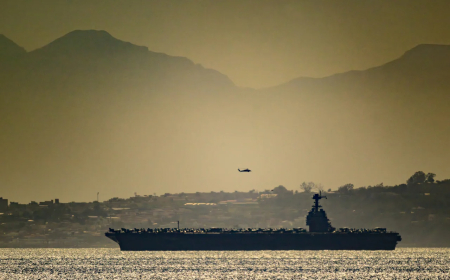

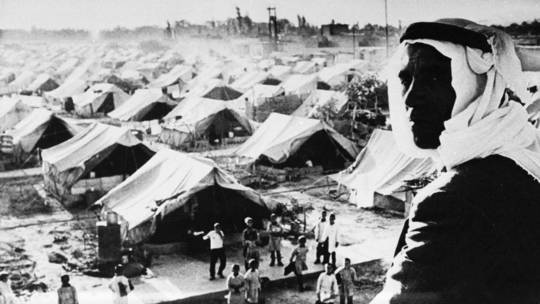






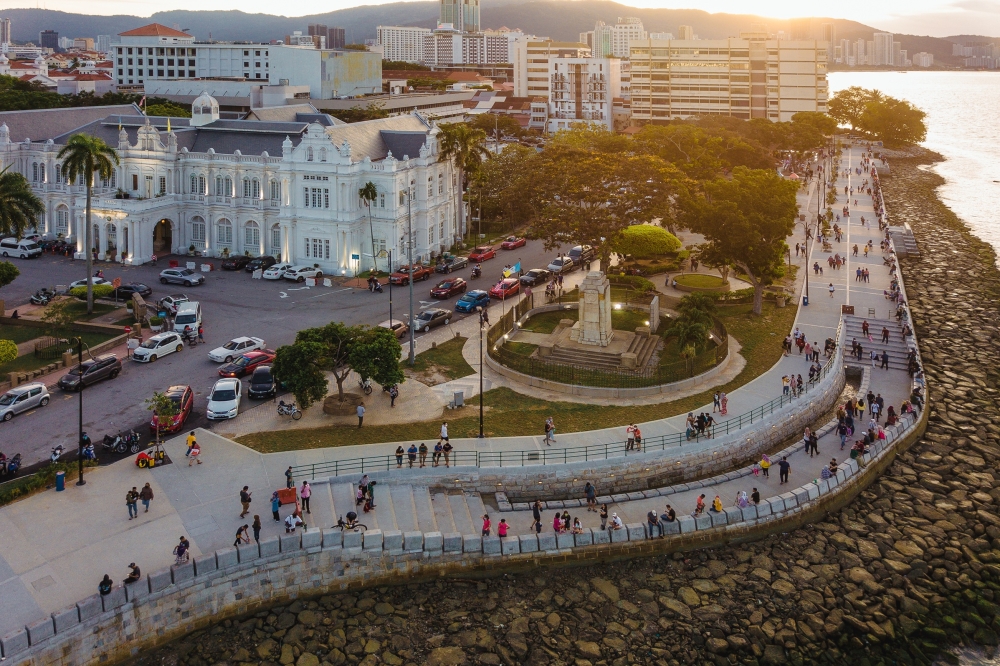
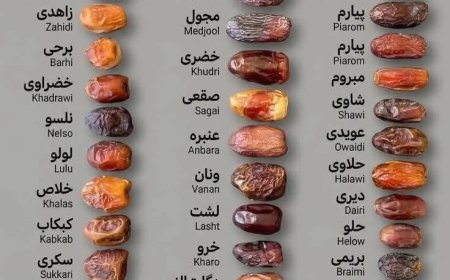
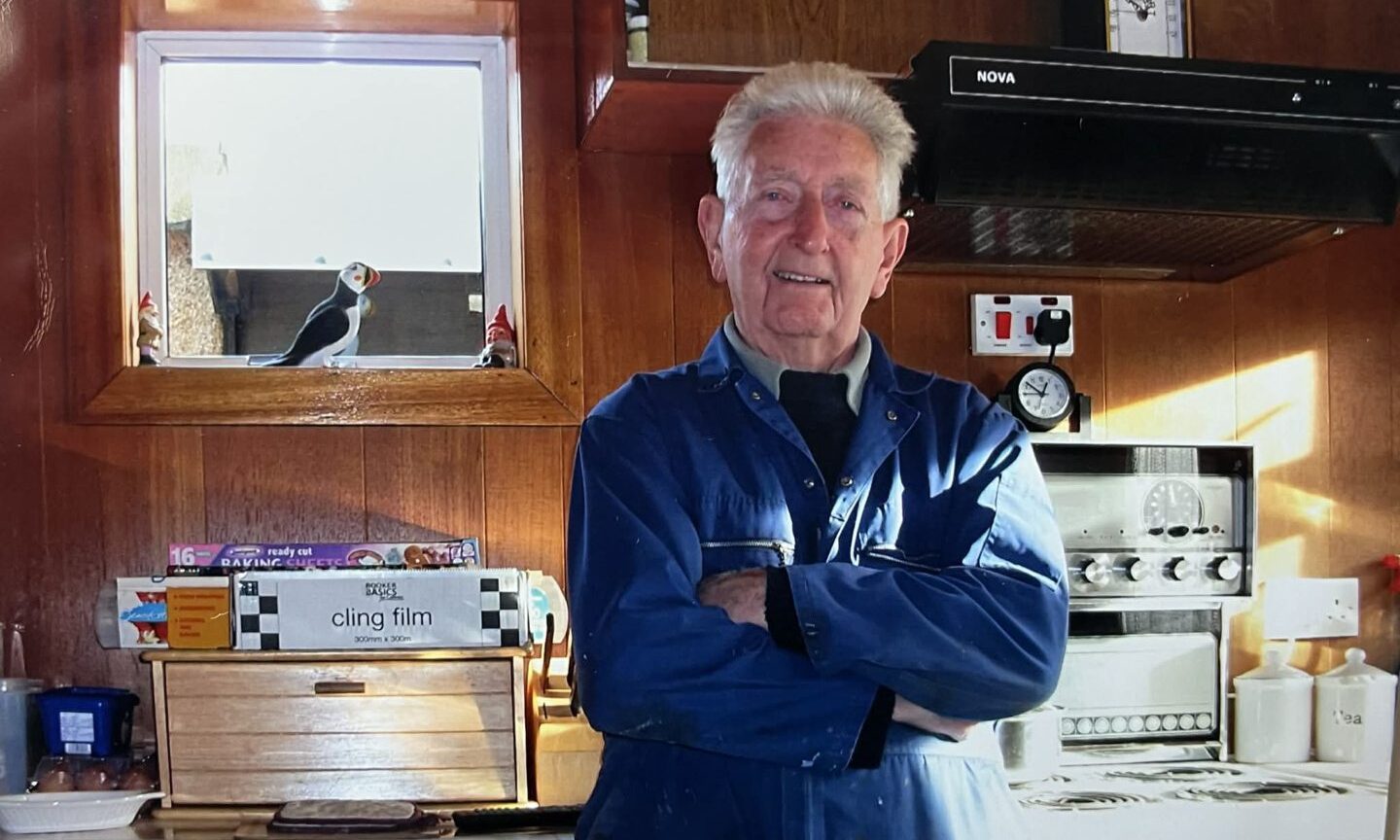

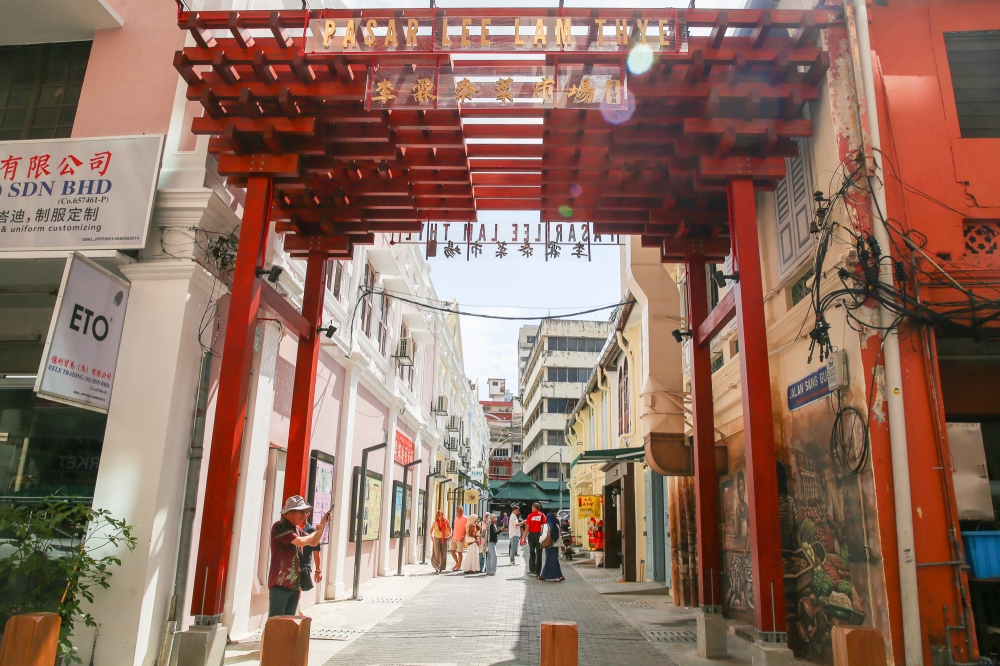









/file/attachments/2988/P1YoungLeaders_622876.jpg)



